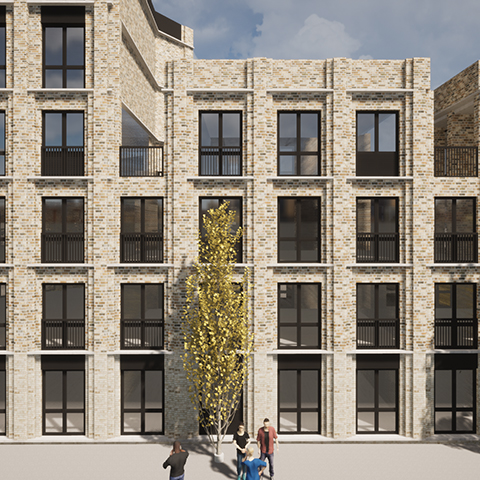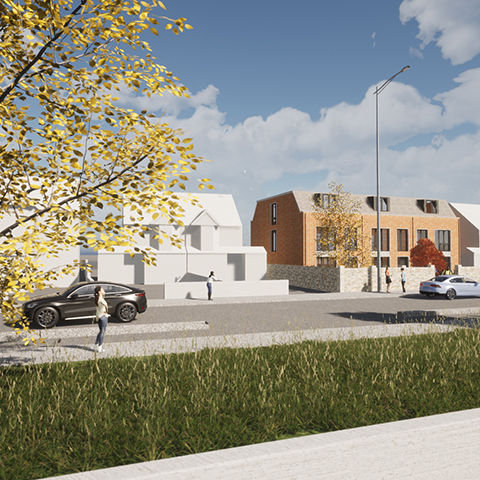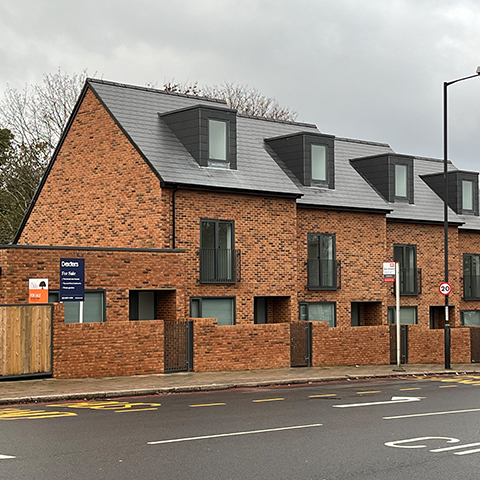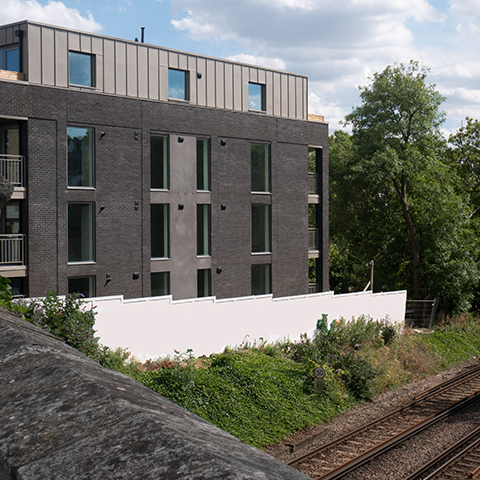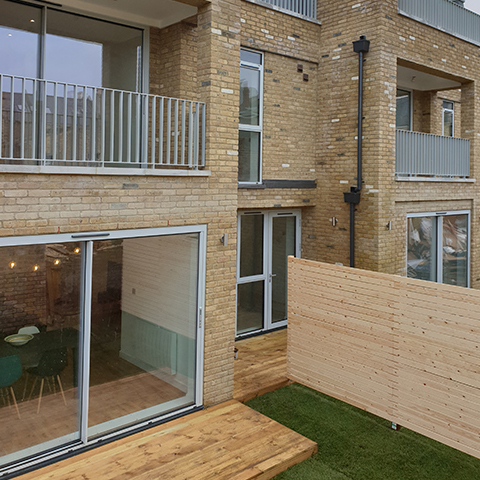Factors Affecting Planning Permission – Your Neighbours Objections

Neighbour objections during the planning process
Neighbours of adjoining properties will be notified once you submit your planning application so that they can advise of any planning objections to the case officer at the local council. They have three weeks to submit their comments either in support of or in opposition to the development.
Where will your planning application be published?
Apart from the notification to immediate neighbours, there is usually a notice placed on or near the site publicising the planning application so that anyone in the road has the opportunity to make comments. For larger developments, the planning applications can be advertised in a local paper and, of course, the details are on the Local Council’s website.
Other parties can also be consulted including, but not limited to, the parish or community council, local community groups, highway authority, and local council tree officer.
Speak to your neighbours prior to planning
Planning permission objections from the other parties’ consultation, as mentioned above, need to be taken seriously but you do also need to bear in mind any neighbours objecting to your application.
Always best to get the neighbours on side! So, speak to your neighbours before you submit your planning application and be prepared to discuss the details of the proposed application with them. They may make valid objections which you are able to accommodate before the planning application is submitted which will help to smooth the process.
Much better that the neighbours don’t first hear of your plans from the planning department. By approaching them from the beginning they will feel consulted and then it is a good idea to keep them informed as the application progresses. Even if you are not able to fully agree with the neighbours on certain planning issues, speaking to them in advance does demonstrate to the planning case officer of your intention to listen to the views of the local residents.
Case study
Getting the neighbours on board for a development of a 4-storey block of apartments in East London
Having had the designs created by the architect, the first step the developer took was to make contact with all the local residents in the street to explain what was being proposed: a well-designed block of family apartments with a ‘car-free’ scheme. There was a positive response to the proposal as the plot of scrub land was used as a dumping ground for rubbish and fly tipping, and it had become a home for rats.
There were some concerns about parking but as the developer wanted to promote car-less living, bike stores were being provided and the new residents would be signing up to car clubs. The scheme appealed to many of the neighbours as it will be providing a mixture of 2- and 3-bedroom flats – ideal for young families.
The planning application was submitted to the local Council. There were two objections that referred to the loss of daylight and sunlight, overlooking and loss of privacy, loss of open space, and concerns about residential parking. The developer included a study to demonstrate that the block of apartments would not have an impact on daylight and sunlight for neighbours and privacy measures had been incorporated into the design.
As a result of the consultations and the positive support of the local residents, it was felt that the proposed design was appropriate and the development was found to not unduly impact upon neighbouring occupiers in terms of light, outlook, enclosure, noise, disturbance, or privacy. Planning was granted.

Objections
The above Case Study demonstrates that opening a constructive communication with neighbours can hugely assist with the planning process and avoid planning disputes. However, there can be objections that are valid concerns and you need to be prepared to address these. Here are just a few that you can encounter:
- Threat to the Environment – if the land is ecologically of interest the Environment Agency or other ecologist groups may raise concerns.
- Right to light – where light has been enjoyed for an uninterrupted period of 20 years – this is separate to daylight and sunlight assessment considered in planning applications.
- Loss of Privacy – where the design of the development means that part of the building will have an outlook over neighbouring land or property causing a loss of privacy.
- Accessibility Issues – it is about the access to the properties so that they can be used with ease and without danger to others. In broader terms it is about accessing amenities in the local area.
- Design Issues – ensuring that the scheme is sympathetic to the street view and not a ‘good scheme’ that is just in the wrong location.
Sometimes neighbours can feel so strongly about a planning application that they band together and co-ordinate objections through launching petitions, bombarding the Planning Department and the landowner with emails trying to influence the decision, and even getting the local MP involved. Groups can appoint a planning consultant to work with them to give a strong case for opposing the granting of planning permission.
Case officers are aware that some developments can involve local personalities and disagreements and will take concerns more seriously when they are based on an understanding of the planning process.
Case study
Opposition for a development of 4 houses in West London
Local residents were so opposed to the proposed development that they banded together to form an action group. A multitude of co-ordinated objections were made to the Local Council Planning.
The planning committee gave specific consideration to the principle of the proposed development, the residential mix and density of the proposal, the proposed environment for future occupiers, the impact on the amenity of nearby properties and the character of the areas, the impact on traffic and highway safety, the impact on trees, noise and pollution, and sustainability.
Despite the vocal opposition from neighbours, it was decided to grant planning permission on this development as it was not considered that there were any other material considerations in this case that would warrant a refusal of the application.

Neighbour objections after planning permission is granted
Neighbour’s objections do not always stop once planning permission has been granted. This can lead to significant costs and delays so it can be essential to improve relations with neighbours.
Case study
Ongoing opposition for a development in West London
Having opposed an original planning application, local residents were determined to disrupt the construction work and took every opportunity to complain to the Local Council and the developer, causing delays and frustration to all parties.
It was not helped that there was restricted parking in the area and the demand for parking exceeded the available spaces. Without the co-operation of the nearby residents, it became necessary for the developer to apply for temporary yellow lines on the narrow London side road to allow access of equipment and deliveries to the site. This caused a delay and additional costs and further reduced the parking spaces. Tensions were mounting and came to a head when a large piling rig was being delivered to site at 5.00 am one morning. Despite having informed all residents of the delivery, they turned out in numbers to try to block the progress of the rig and cause maximum disruption.
As it was still in the early stages of the construction, it was realised that something had to be done about the opposition. A meeting was held with all residents allowing them to have all their issues heard. A senior manager became a direct contact and each future concern was dealt with promptly and efficiently. A regular newsletter was hand delivered to the whole street keeping them informed of each stage of the construction progress. Good communications turned the situation around and enabled the development to progress without any further incidents.
Benefits of talking
Keep talking even when you don’t agree with neighbours so that the channels of communication are kept open. You may not always be able to accommodate their requests because of time or cost restraints but, where compromise is possible it can help to smooth troubled waters and allow you focus your time on a speedier progress of your development.

